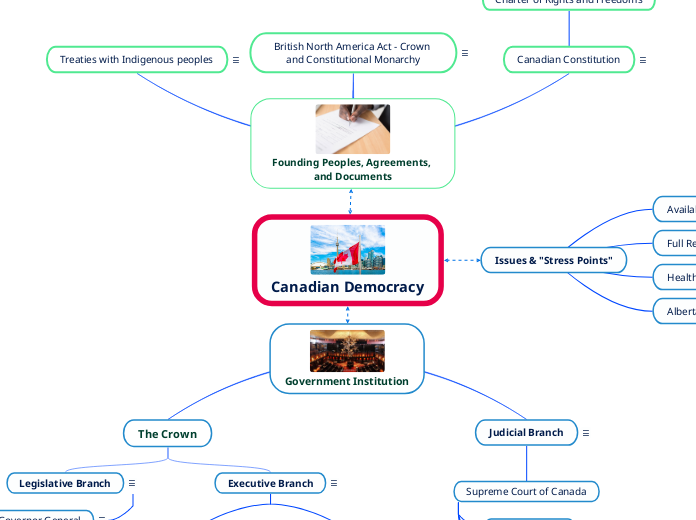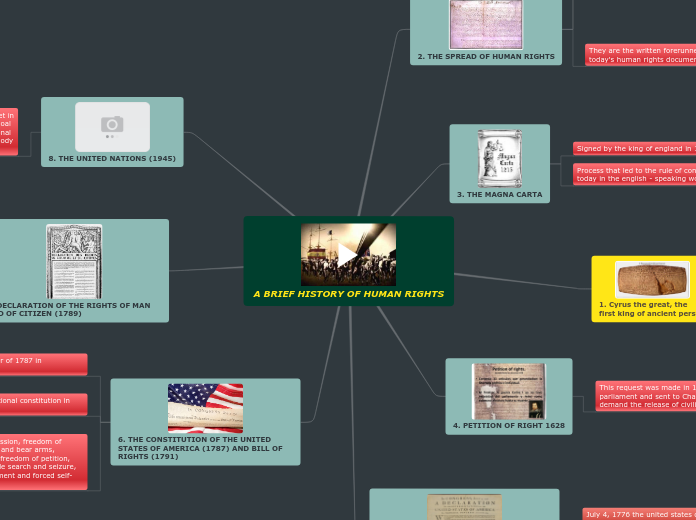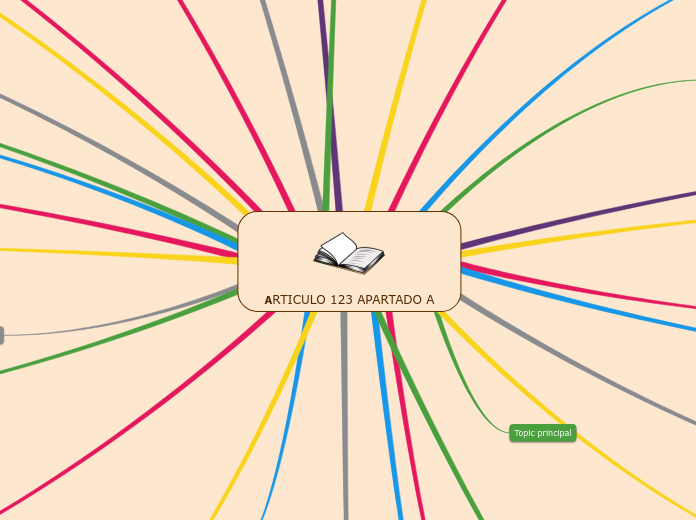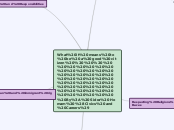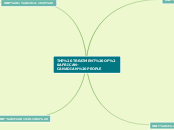Issues & "Stress Points"
Alberta Sovereignty Act
A stress point in the Canadian government is the power that the provincial level has to overturn the federal level. For example, with the natural resource industries in Canada, the federal government wanted to push its agenda on Alberta, which is to decline the collection of natural resources, so that they could achieve their climate goals. However, the Alberta provincial government wanted to capitalize on their natural resources, so they called the Alberta Sovereignty Act, which would allow Alberta to overturn the Canadian legislation. This is a stress point because of how the different branches of the government institution could get into a conflict.
Healthcare (Hallway Medicine)
A major flaw in the Canadian government is the healthcare program, where there is an issue known as "Hallway Medicine". This is when many Canadians cannot get the healthcare they need, since there are not enough beds to hold at the hospital. This is a stresspoint because it highlights that Canada has not put enough resources into healthcare, which is a provincial responsibility.
Full Recognition of Indigenous People
Despite the treaties with Indigenous people, Canada has not fully recognized them yet. This issue has been brought up in the federal, provincial, and municipal governments, with still a significant overlap. This is a stresspoint in the Canadian government, as there is no clear and defined area that covers the rights of Indigenous people.
Available and Affordable Housing
Since there is a shortage of available, adequate, and affordable housing in Canada, which has pushed the country into a social and economic crisis. The housing crisis has been active in Canada because of the unexpected growth in population. While this is provincial government's responsibility, it is also a stress point because it addresses an issue that the province does not control, which is the population. There is this overlap of federal and liberal government.
Institutions of Democracy
Citizen Groups
Citizen groups, also known as advocacy or lobby groups, are organizations formed by citizens to promote and pursue specific causes, interests, or policy changes. They engage in activities such as lobbying, advocacy campaigns, and public awareness initiatives to influence decision-making processes and shape public policy. Citizen groups provide a platform for collective action, amplifying the voices and concerns of citizens in the democratic arena
Citizens
Citizens are individuals who possess certain rights, responsibilities, and privileges in a democratic society. They have the right to vote, engage in political activities, and enjoy the protection of the law. Citizens contribute to the functioning of democracy through active participation, holding civic responsibilities, and working collectively for the betterment of society
Free and Independent Press
A free and independent press acts as a watchdog in democracy, disseminating information, and holding those in power accountable. It provides diverse and unbiased reporting, investigative journalism, and a platform for public discourse. In order to make change, they work with all the levels of the executive branch, and even the House of Commons.
Free and Fair Elections
Free and fair elections are the center of democracy, allowing citizens to freely choose their representatives through a transparent and impartial process. They ensure that political power is derived from the consent of the governed and provide an opportunity for citizens to express their preferences and participate in the democratic process.
Founding Peoples, Agreements, and Documents
Canadian Constitution
The Canadian Constitution, which includes the Charter of Rights and Freedoms, serves as the supreme law of the land. It outlines the fundamental rights and freedoms of all individuals in Canada and sets the framework for the governance of the country, ensuring that the government operates within a framework of legality and respect for human rights.
Charter of Rights and Freedoms
British North America Act - Crown and Constitutional Monarchy
The British North America Act, enacted in 1867, established Canada as a constitutional monarchy, with the British Crown as the symbolic head of state. It created the framework for Canada's political system, outlining the division of powers between the federal and provincial governments
Treaties with Indigenous peoples
These treaties represent formal agreements between the Canadian government and Indigenous communities, establishing rights, land ownership, and obligations. They aim to foster a respectful and mutually beneficial relationship between Indigenous peoples and the state.
Government Institution
Judicial Branch
The Judicial Branch of the government is responsible for interpreting and applying the law. It ensures the fair and impartial administration of justice through courts and judges, resolving disputes, upholding the rule of law, and safeguarding individual rights and freedoms. The highest court in Canada is the Supreme Court, which plays a crucial role in shaping legal principles and making final decisions on significant legal matters.
Supreme Court of Canada
Court Martial Appeal Court
Federal Court of Appeal
Provincial Court of Appeal
Lower Courts
The Crown
Executive Branch
The Prime Minister, chosen from the political party with the most seats in the House of Commons, is the head of government. The Prime Minister leads the executive branch and appoints Cabinet Ministers, who are responsible for specific policy areas and formulating government decisions
Head and leader of federal government. Leader of national party in power
Selected by head of government to be responsible of departments
(Also called civil service or bureaucracy) People who conduct daily business of government
Prime Minister
Cabinet
Public Service
Legislative Branch
Parliaments are legislative bodies that exist at different levels of government, including federal, provincial, and municipal. They are responsible for making laws, representing the interests of the people, and providing a platform for debate and discussion on key issues.
Governor General
The Crown, represented by the Governor General, is the ceremonial head of state in Canada. The Governor General performs constitutional duties, such as granting royal assent to legislation, representing the Queen in Canada, and appointing the Prime Minister.
Senate
The Senate is the upper chamber of the federal Parliament, composed of appointed Senators. It reviews and revises legislation proposed by the House of Commons, bringing expertise and regional representation to the legislative process.
House of Commons
The House of Commons is the lower chamber of the federal Parliament, consisting of Members of Parliament (MPs) who are elected by the citizens. It is the main forum for political debate, where MPs discuss and propose legislation, represent their constituents, and scrutinize the government's actions.
Canadian Democracy
